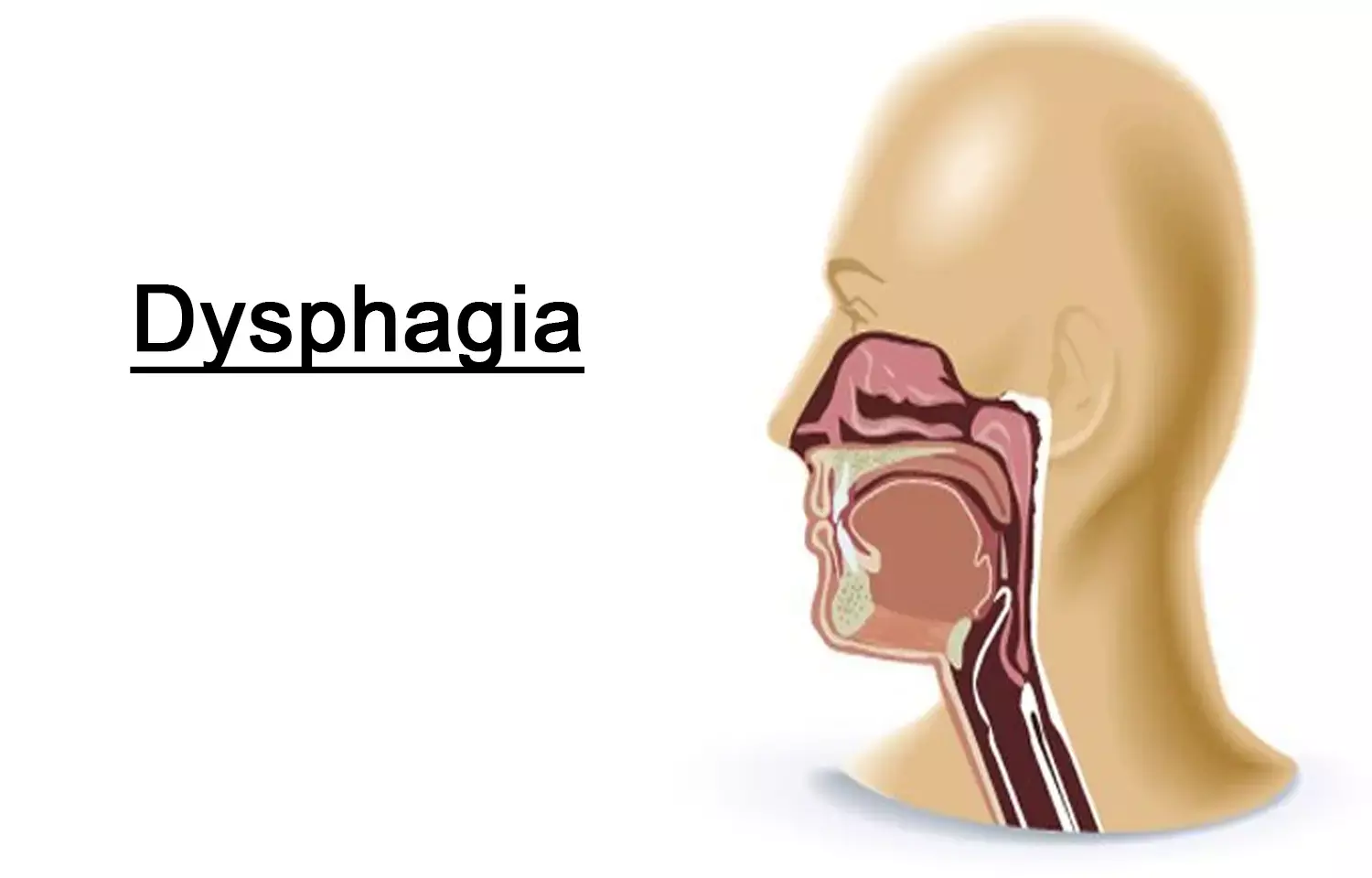- Home
- Medical news & Guidelines
- Anesthesiology
- Cardiology and CTVS
- Critical Care
- Dentistry
- Dermatology
- Diabetes and Endocrinology
- ENT
- Gastroenterology
- Medicine
- Nephrology
- Neurology
- Obstretics-Gynaecology
- Oncology
- Ophthalmology
- Orthopaedics
- Pediatrics-Neonatology
- Psychiatry
- Pulmonology
- Radiology
- Surgery
- Urology
- Laboratory Medicine
- Diet
- Nursing
- Paramedical
- Physiotherapy
- Health news
- Fact Check
- Bone Health Fact Check
- Brain Health Fact Check
- Cancer Related Fact Check
- Child Care Fact Check
- Dental and oral health fact check
- Diabetes and metabolic health fact check
- Diet and Nutrition Fact Check
- Eye and ENT Care Fact Check
- Fitness fact check
- Gut health fact check
- Heart health fact check
- Kidney health fact check
- Medical education fact check
- Men's health fact check
- Respiratory fact check
- Skin and hair care fact check
- Vaccine and Immunization fact check
- Women's health fact check
- AYUSH
- State News
- Andaman and Nicobar Islands
- Andhra Pradesh
- Arunachal Pradesh
- Assam
- Bihar
- Chandigarh
- Chattisgarh
- Dadra and Nagar Haveli
- Daman and Diu
- Delhi
- Goa
- Gujarat
- Haryana
- Himachal Pradesh
- Jammu & Kashmir
- Jharkhand
- Karnataka
- Kerala
- Ladakh
- Lakshadweep
- Madhya Pradesh
- Maharashtra
- Manipur
- Meghalaya
- Mizoram
- Nagaland
- Odisha
- Puducherry
- Punjab
- Rajasthan
- Sikkim
- Tamil Nadu
- Telangana
- Tripura
- Uttar Pradesh
- Uttrakhand
- West Bengal
- Medical Education
- Industry
Pharyngeal electrical stimulation may help improve neurogenic dysphagia

Neurogenic dysphagia is common and has no definitive treatment. We assessed whether pharyngeal electrical stimulation (PES) is associated with reduced dysphagia.
In response to this, a group of experts carried out PHADER - the largest-ever study testing whether electrical stimulation of the back of the throat (pharynx), using a treatment catheter, would improve swallowing in people with a recent stroke or head injury, or who had been in an intensive care unit and needed ventilation.
The study was a collaborative project between experts at the Universities of Nottingham and Manchester and the University of Münster in Germany, and was funded by Phagenesis - a company dedicated to the treatment of dysphagia.
The observational study recruited 255 patients from 14 different centres in Austria, Germany and the UK, with five different neurological conditions. Electrical stimulation was administered once daily for three days, and the outcome was then measured on the severity of the dysphagia at three months.
The findings of the research, published today in EClinicalMedicine, showed that most people's swallowing problems improved, and so allowing feeding tubes to be removed and for patients to be discharged from hospital.
The treatment catheters were easy to insert into the back of the throat and no serious complications attributable to the treatment occurred.
Professor Philip Bath from the School of Medicine at the University of Nottingham, and co-lead investigator on the study, said: "PHADER is the largest-ever study of electrical stimulation, and our findings show that most people's swallowing problems improved after receiving the treatment, which is a potential game changer for patients with severe swallowing problems who previously were at risk of complications including pneumonia. It will also mean quicker discharge from hospital for these patients."
Professor Shaheen Hamdy from The University of Manchester and co-lead Investigator said: "This study shows conclusively that electrical stimulation of the throats of these patients can help improve their ability to swallow safely and that is tremendously exciting. We clearly show the device is easy to use, safe and most critically, impacts on swallowing recovery in a range of disorders, which could make a major difference to patients' quality of life. We feel this constitutes a new avenue for treatment in this sometimes life-threatening condition and are looking forward to seeing this technology go from strength to strength".
Professor Rainer Dziewas from the University of Münster and co-lead Investigator said: "These results are fascinating since most patients were treated in a chronic state of the illness, where it is usually extremely difficult to achieve any treatment success. PHADER clearly suggests that electrical stimulation may help even in this notoriously difficult situation. However, it is important to mention that patients with dysphagia should be treated as early as possible for best outcomes."
Reinhard Krickl, CEO Phagenesis, said: "PHADER not only confirms the very encouraging outcomes of previous studies in stroke patients, but also demonstrates that patients suffering from dysphagia after brain injury, or who had been in an intensive care unit and needed long periods of ventilation, will benefit from electrical stimulation using our treatment system, Phagenyx®. We have even just recently learned that our treatment can improve swallowing in critically-ill COVID-19 patients after weeks of mechanical ventilation. In times of crisis like in the current global pandemic, this could be incredibly important in helping patients with life-threatening dysphagia recover faster allowing medical teams to make ICU resources available for other patients much faster."
https://www.thelancet.com/journals/eclinm/article/PIIS2589-5370(20)30352-7/fulltext
Hina Zahid Joined Medical Dialogue in 2017 with a passion to work as a Reporter. She coordinates with various national and international journals and association and covers all the stories related to Medical guidelines, Medical Journals, rare medical surgeries as well as all the updates in the medical field. Email: editorial@medicaldialogues.in. Contact no. 011-43720751
Dr Kamal Kant Kohli-MBBS, DTCD- a chest specialist with more than 30 years of practice and a flair for writing clinical articles, Dr Kamal Kant Kohli joined Medical Dialogues as a Chief Editor of Medical News. Besides writing articles, as an editor, he proofreads and verifies all the medical content published on Medical Dialogues including those coming from journals, studies,medical conferences,guidelines etc. Email: drkohli@medicaldialogues.in. Contact no. 011-43720751


